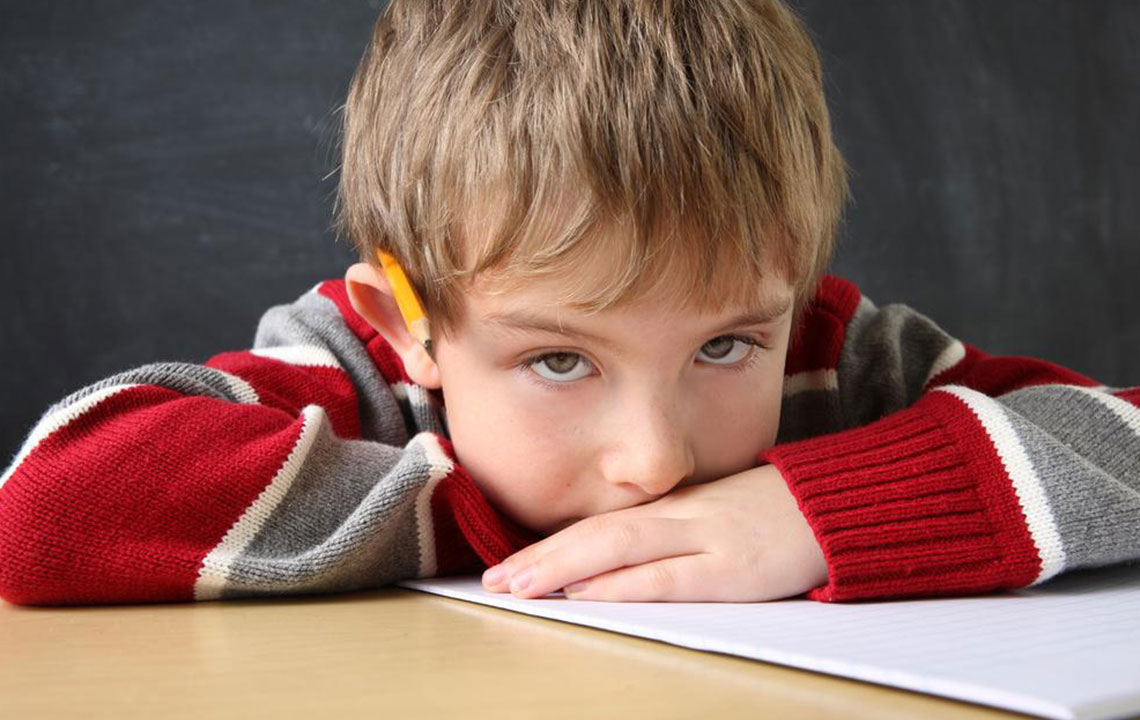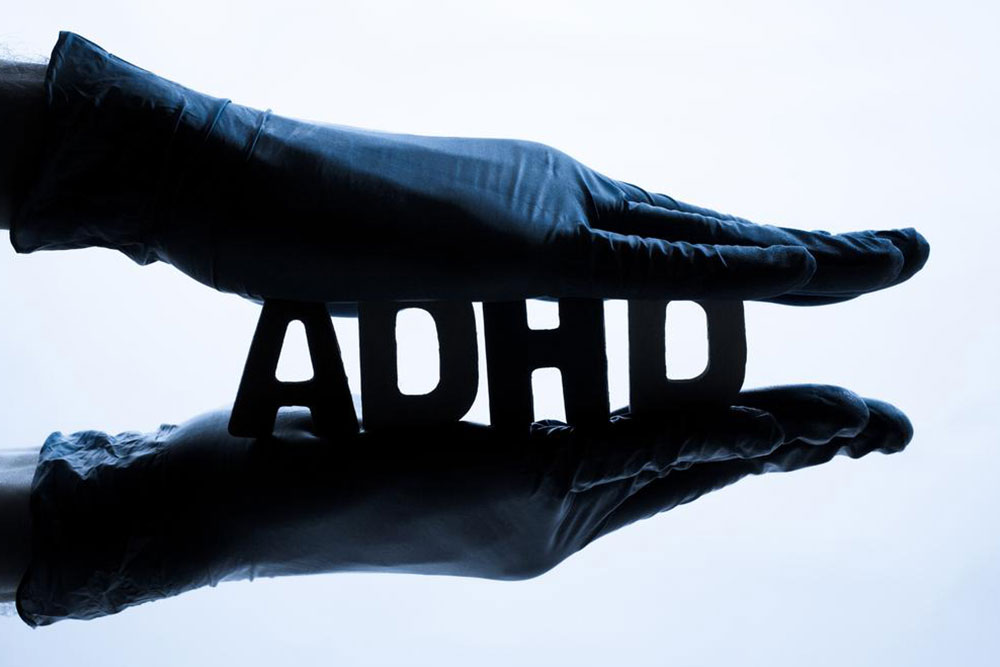Comprehensive Guide to Supporting Children with Behavioral Challenges
This comprehensive article explores childhood behavioral challenges, highlighting signs, types, and effective interventions. It emphasizes early diagnosis, professional therapy, and parental support to foster healthy childhood development and prevent future issues. The guide aims to provide parents, educators, and caregivers with valuable insights to support children facing behavioral difficulties, promoting emotional well-being and social skills for a brighter future.

Understanding and Managing Childhood Behavioral Challenges for Better Development
Recognizing the difference between typical childhood misbehavior and underlying behavioral disorders is crucial for parents, educators, and caregivers. While occasional misbehavior can be a normal part of childhood development, persistent behavioral problems often signal deeper issues that require professional intervention. These challenges can significantly impact a child's social, emotional, and academic life, making early identification and support essential for fostering healthy development.
Children's behavioral issues can manifest in various ways, and understanding these signs helps in timely intervention. This comprehensive guide aims to shed light on the key indicators, types, and effective strategies to support children facing these challenges, ultimately guiding parents and professionals toward appropriate solutions and therapies.
Recognizing the Signs of Behavioral Problems in Children
Parents and educators should be attentive to specific behaviors that may indicate underlying issues. These include:
Frequent aggressive actions such as hitting, biting, or kicking peers, family members, or animals
Destruction of property, vandalism at home or school, suggesting impulse control problems
Consistent avoidance of school, losing interest in hobbies, or significant drop in academic performance
Impulsive behaviors, hostility, and difficulty managing emotions
Regular lying, defiance towards authority figures, and disobedience
Manifestations of reduced empathy, low self-esteem, and social withdrawal
Engagement in risky activities, increased restlessness, and inability to sit still
By identifying these behaviors early, caregivers can seek guidance and develop strategies to support the child's emotional and behavioral growth.
Differentiating Between Normal Misbehavior and Behavioral Disorders
While occasional misbehavior is a common part of childhood as children experiment and learn social norms, behavioral disorders are marked by persistent, pervasive patterns that interfere with daily functioning. These include disorders such as Conduct Disorder (CD), Oppositional Defiant Disorder (ODD), and Attention Deficit Hyperactivity Disorder (ADHD).
Children diagnosed with Conduct Disorder often display aggressive and antisocial behaviors, sometimes crossing into delinquency. Oppositional Defiant Disorder is characterized by persistent defiance, hostility, and blaming others. Children with ADHD commonly exhibit hyperactivity, impulsivity, and difficulty maintaining attention, which can exacerbate other behavioral issues.
It is important to understand that these conditions are complex and often require multifaceted treatment approaches, including therapy, behavioral management, and sometimes medication. Addressing these issues early can prevent escalation and promote healthier social interactions.
Strategies and Interventions for Childhood Behavioral Challenges
Effective management of behavioral disorders involves a combination of professional support, family involvement, and educational accommodations. Here are some key strategies:
Seeking Professional Help: Consulting psychologists, psychiatrists, or licensed counselors who specialize in childhood behavioral issues is vital. They can conduct assessments and recommend tailored treatment plans.
Therapeutic Interventions: Behavioral therapy, cognitive-behavioral therapy (CBT), and social skills training are highly effective. These therapies help children understand their emotions, develop coping mechanisms, and improve their interactions with others.
Parental Education and Support: Educating parents about proven parenting techniques, such as consistent discipline, positive reinforcement, and setting clear boundaries, enhances the child's development at home.
School-Based Support: Collaborating with teachers and school counselors ensures that behavioral strategies are reinforced in the classroom setting. Implementing individualized education plans (IEPs) can facilitate academic and social success.
Behavioral Management and Medications: In some cases, behavior modification programs or medications may be recommended to manage symptoms effectively. Close monitoring by healthcare providers ensures safe and appropriate use.
Early intervention is critical. If negative behaviors persist or worsen, seeking specialized support from pediatricians, mental health professionals, or community resources is advisable. These professionals can connect families with a network of services to aid in the child's development and well-being.
In conclusion, understanding childhood behavioral challenges and implementing appropriate interventions are vital steps toward helping children thrive socially and emotionally. With the right support system and therapeutic strategies, children exhibiting behavioral issues can develop healthier habits and better interpersonal skills, leading to improved quality of life and long-term success.





